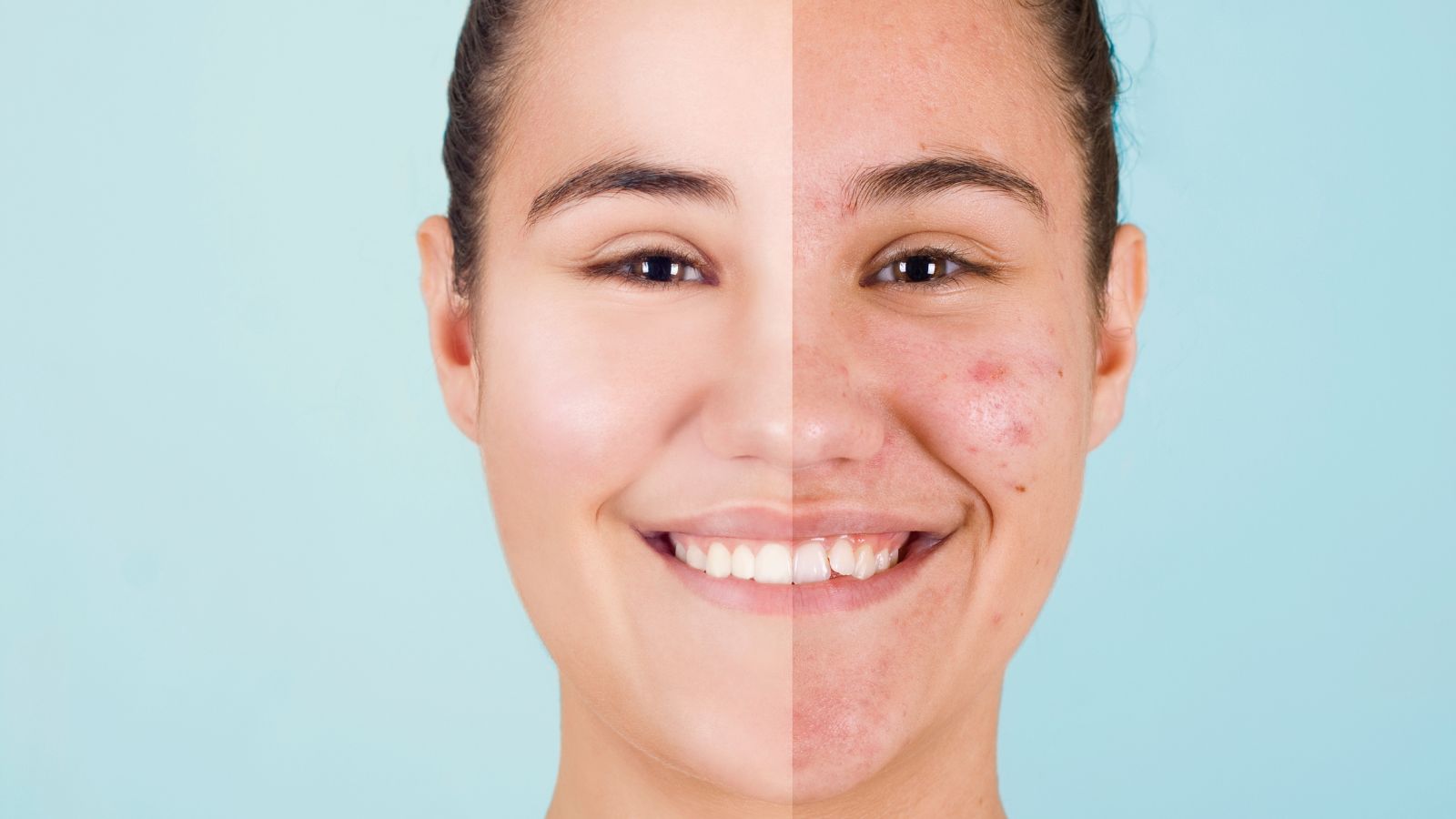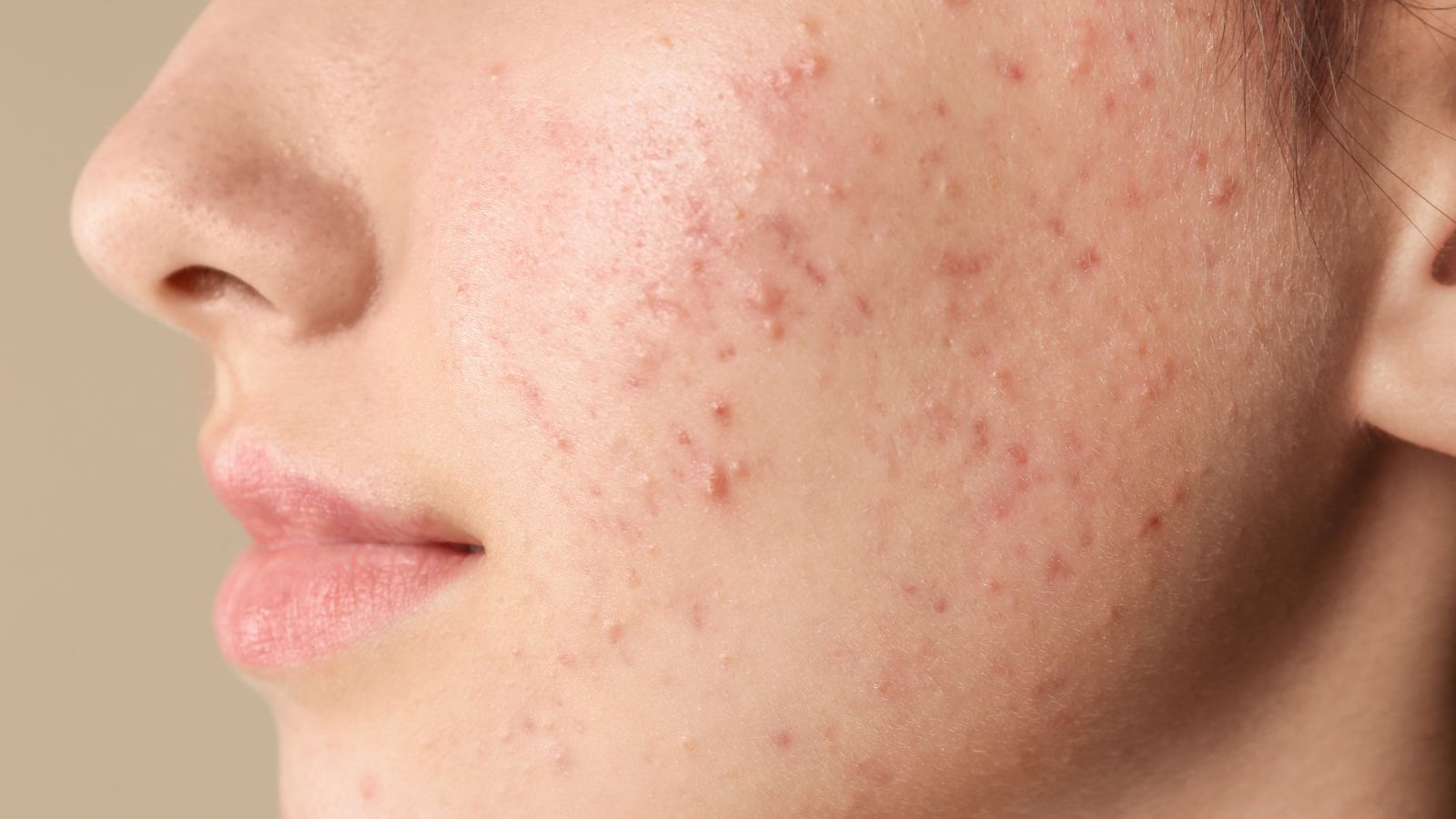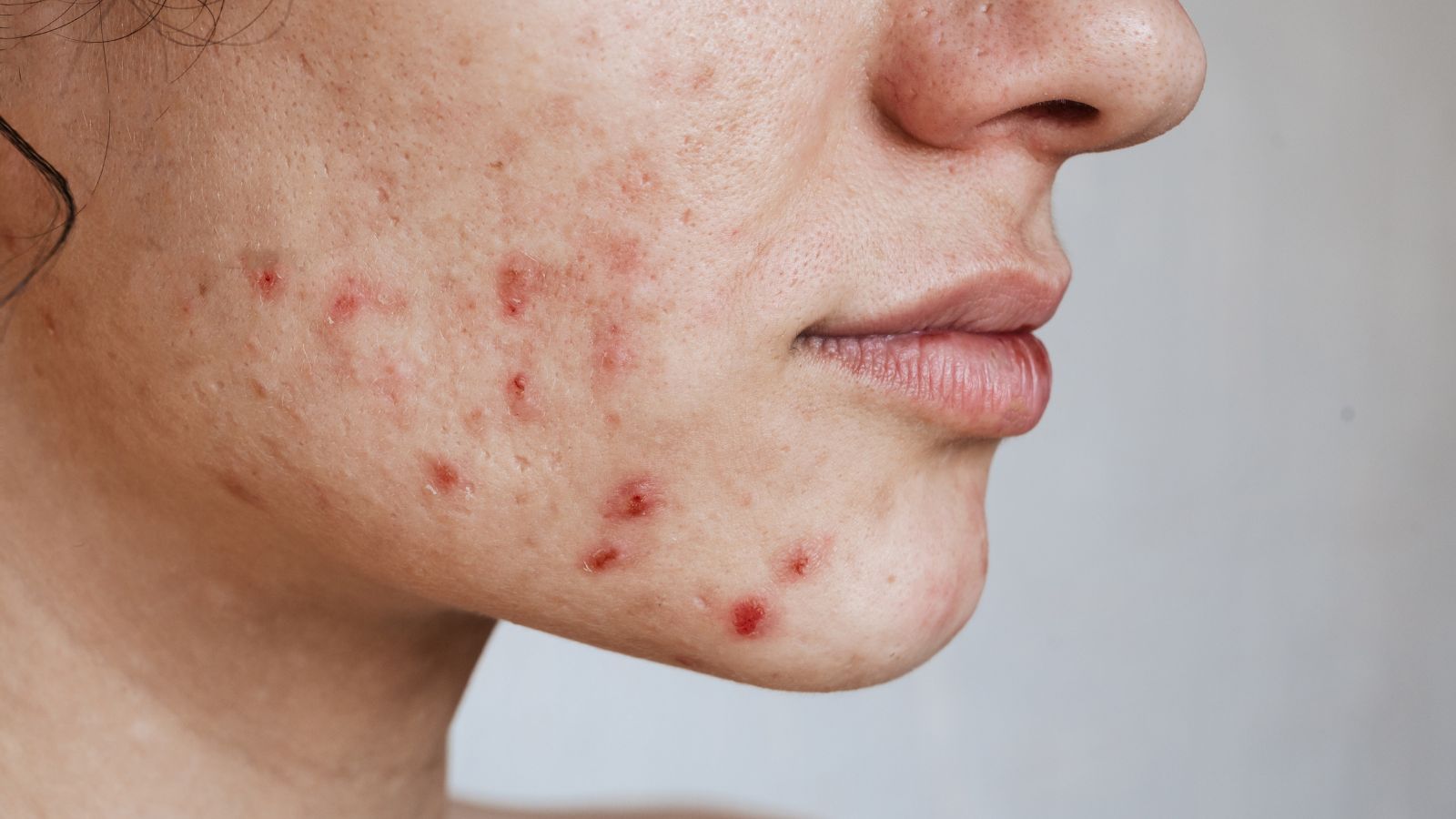Unleashing the secret to radiant skin, beta glucan has emerged as a game-changer in the skincare industry. This powerhouse ingredient, derived from oats, barley, and mushrooms, is making waves with its profound impact on skin health.
In the quest for youthful, glowing skin, beta glucan stands out for its extraordinary abilities. It’s not just a temporary fix, but a long-term solution that nurtures skin from within.
 Beta Glucan Skincare
Beta Glucan Skincare
Delving deeper into beta glucan, it’s paramount to grasp the scientific fundamentals and origins of this miracle skincare ingredient. An understanding of its historical use in skincare lays the groundwork for its current significance in the beauty industry.
The Science Behind Beta Glucan
Beta glucan, a polysaccharide, stands unique among skincare ingredients. It gains its power from its structure: a long, flexible, and water-soluble sugar molecule. Its large molecule size is crucial, preventing deep absorption into the skin but forming a fine film on the surface. Through this action, beta glucan not only locks in moisture but also safeguards the skin from environmental aggressors, namely UV rays and pollution – noteworthy contributors to skin aging.
Furthermore, research from the American Journal of Dermatology indicates that beta glucan boosts the skin’s natural repair mechanisms. It boosts collagen production, improving skin elasticity, reducing wrinkles, and promoting healthier skin. In essence, beta glucan reaffirms itself as a potent skincare agent by being moisturizing, protective, and restorative.
 Benefits of Beta Glucan for Skin
Benefits of Beta Glucan for Skin
The myriad benefits of Beta Glucan on the skin extend beyond the scope of scientific theory and hypotheses. The substance, rich in polysaccharides, yields solid, measurable results that validate its effectiveness in diverse fields.
Hydrating Properties of Beta Glucan
A moisture retainer by nature, Beta Glucan acts as a powerful humectant for the skin. It works effectively in pulling water from the dermis to the epidermis, the topmost layer of the skin. This intrinsic property fosters skin hydration, promoting skin plumpness and reducing the visibility of fine lines. Moreover, by forming an invisible film on the skin’s surface, Beta Glucan protects against potential environmental damage, such as daily pollutants or ultraviolet rays. According to a study published in the Cosmetics journal in 2019, Beta Glucan significantly boosts skin hydration levels after only eight weeks of use.
Anti-Aging Impact of Beta Glucan
In addition to its hydrating properties, Beta Glucan also imparts significant anti-aging benefits. It’s high in antioxidants that protect the skin from damage caused by free radicals, contributing to a beautiful, youthful complexion. Studies, one being a double-blind, random study conducted by the Textbook of Aging Skin, corroborate that Beta Glucan boosts collagen production—a critical factor in maintaining skin elasticity—and aids natural skin repair processes. Consequently, regular use of skincare products containing Beta Glucan result in reduced wrinkles, improved skin elasticity, and overall revitalized skin appearance.
 Comparing Beta Glucan with Other Skincare Ingredients
Comparing Beta Glucan with Other Skincare Ingredients
While beta glucan remains a rising star in the skincare industry, it’s always illuminating to evaluate it against established power players. A comparison with hyaluronic acid and retinol can demonstrate beta glucan’s unique properties and potential benefits.
Beta Glucan vs Hyaluronic Acid
Hyaluronic acid, well-regarded for its moisture-retention capabilities, seemingly holds an edge over other skincare ingredients. Yet, interestingly, beta glucan reveals a better performance in maintaining skin hydration. It penetrates deeper into the skin, resulting in a more prolonged hydrating effect, according to a 2001 study published in the International Journal of Cosmetic Science.
Comparing average molecular weights, beta glucan’s lower molecular weight enables it to penetrate the skin’s deeper layers, improving the overall skin condition. On the other hand, larger molecular structure of hyaluronic acid restricts its absorption beyond the skin’s surface.